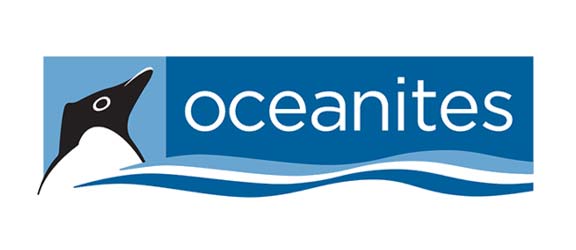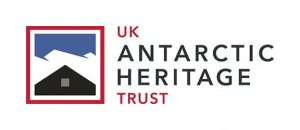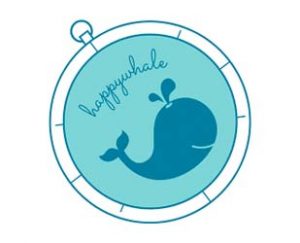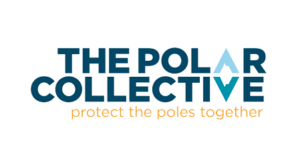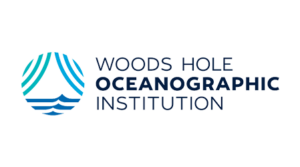Citizen Science
Citizen Science on Every Voyage
 Having a Citizen Science program on every voyage is an effort we pioneered, as the very first Antarctic operator to officially collaborate with The Polar Citizen Science Collective. We continue to team up with them on several projects, giving our passengers the chance to play a meaningful role in recording and better understanding the Antarctic ecosystem and the impact of climate change. This is particularly helpful in the Antarctic, where we support long-term academic observation teams that would find it nearly impossible to be as ever-present on their own.
Having a Citizen Science program on every voyage is an effort we pioneered, as the very first Antarctic operator to officially collaborate with The Polar Citizen Science Collective. We continue to team up with them on several projects, giving our passengers the chance to play a meaningful role in recording and better understanding the Antarctic ecosystem and the impact of climate change. This is particularly helpful in the Antarctic, where we support long-term academic observation teams that would find it nearly impossible to be as ever-present on their own.
The projects offered may vary slightly by voyage and scientific need. Everyone is welcome to participate. If interested, please see the onboard daily bulletin and join the scheduled Citizen Science Introduction Meeting at the start of your voyage. There is no additional cost.
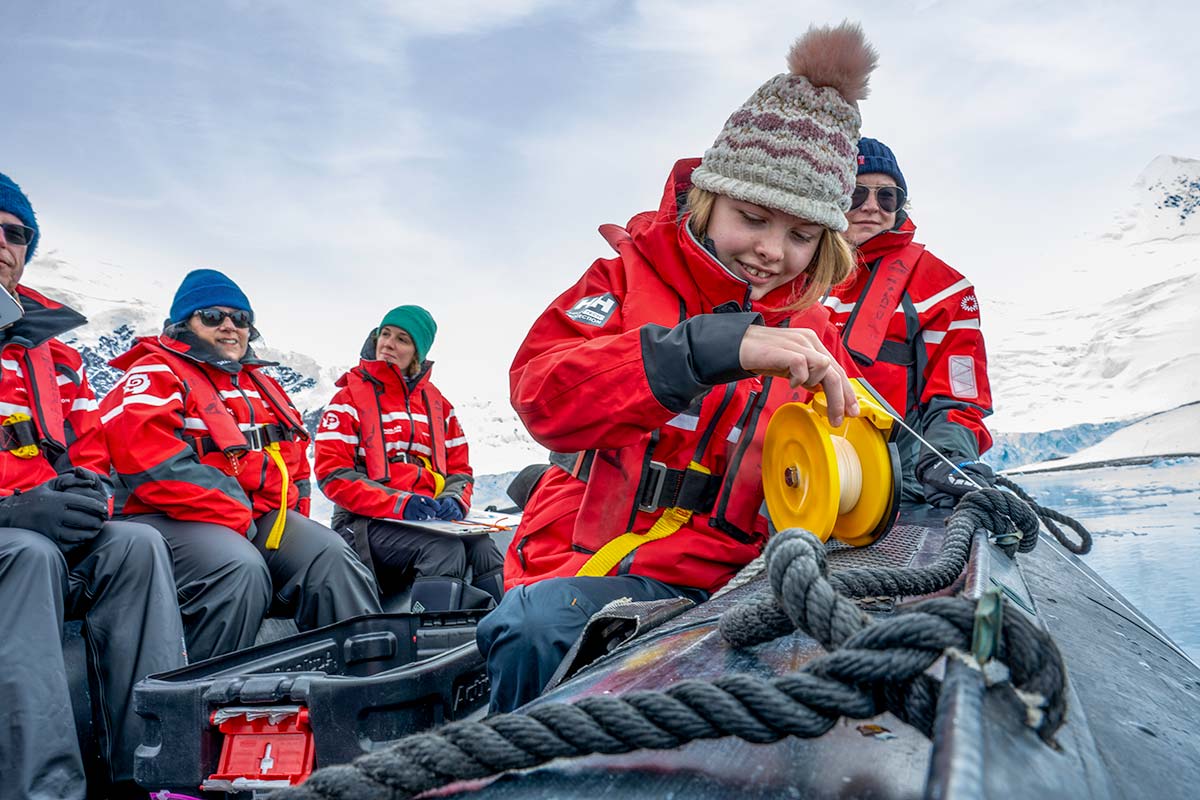
Citizen Science Projects
Cloud Observations for NASA Globe Observer
By observing and recording cloud cover & type timed to NASA satellite fly-overs, we help scientists understand how surface and air temperature are affected by cloud cover, and how clouds respond to a changing climate.
Seabird Surveys for the Cornell Lab of Ornithology and eBird
The project is building a long-term ecological monitoring program of seabirds in the Southern Ocean and along the Antarctic Peninsula. These recordings help researchers understand how birds use oceanic habitat, to discover new details about the lives of these remote species, and ultimately how their behavior and populations might be changing as a result of climate change.
Phytoplankton Data for Scripps Institution of Oceanography
By collecting phytoplankton samples in fjord systems along the Antarctic Peninsula, we help scientists obtain a seasonal picture of phytoplankton abundance, composition, and distribution, as well as how phytoplankton are influenced by (increasing) melt-water inflow from glaciers.
Secchi Disk Study for the Secchi Disk Foundation
Measuring Secchi depth, a measure of the depth at which you lose water clarity, is another important indicator of the relative abundance of phytoplankton, critical to Antarctica’s food chain. Using a Secchi Disk, our Citizen Scientists record and report findings to The Secchi Disk Foundation in the UK.
Identifying Whales for Happywhale
We photograph unique identifiable markings on a whale’s fluke (tail) and dorsal fin, so Happywhale can non-invasively track their movements over time. By focusing on whales, we bring attention to the marine ecosystem as a whole and the challenges we face as a global community.
Collecting Data for the South Georgia Big Seaweed Search
The aim of this project, led by scientists from London’s Natural History Museum, is to study the seaweed diversity and distribution in South Georgia, assessing threats from climate change and invasive species.
Featured Science Partners
Counting Penguins With Oceanites
Once again this year, Oceanites will be joining us on several voyages, recording penguin populations in Antarctica. We’ll be providing assistance as they continue their critical mission: helping to ensure a positive future for Antarctica’s most beloved citizens.
Whale Studies with Woods Hole Oceanographic Institution
We are thrilled to welcome back one of the world’s premiere scientific institutions who will be joining us on board several voyages this season to continue their studies on Humpback and other baleen whales.

